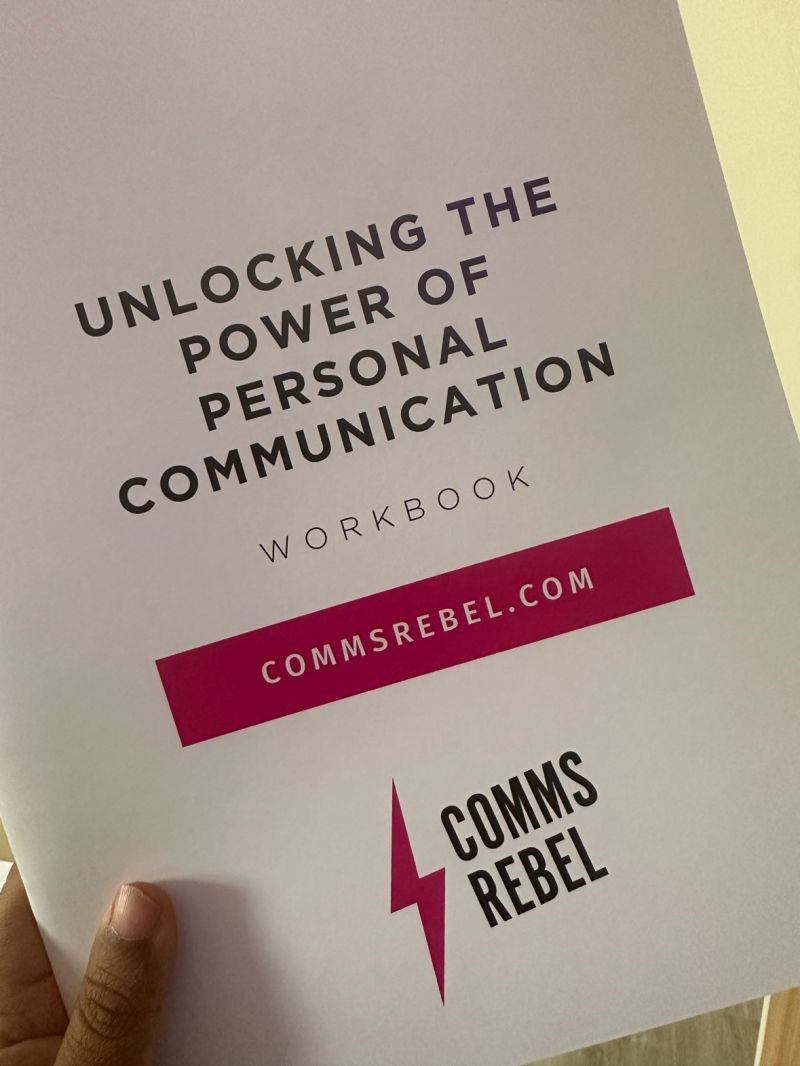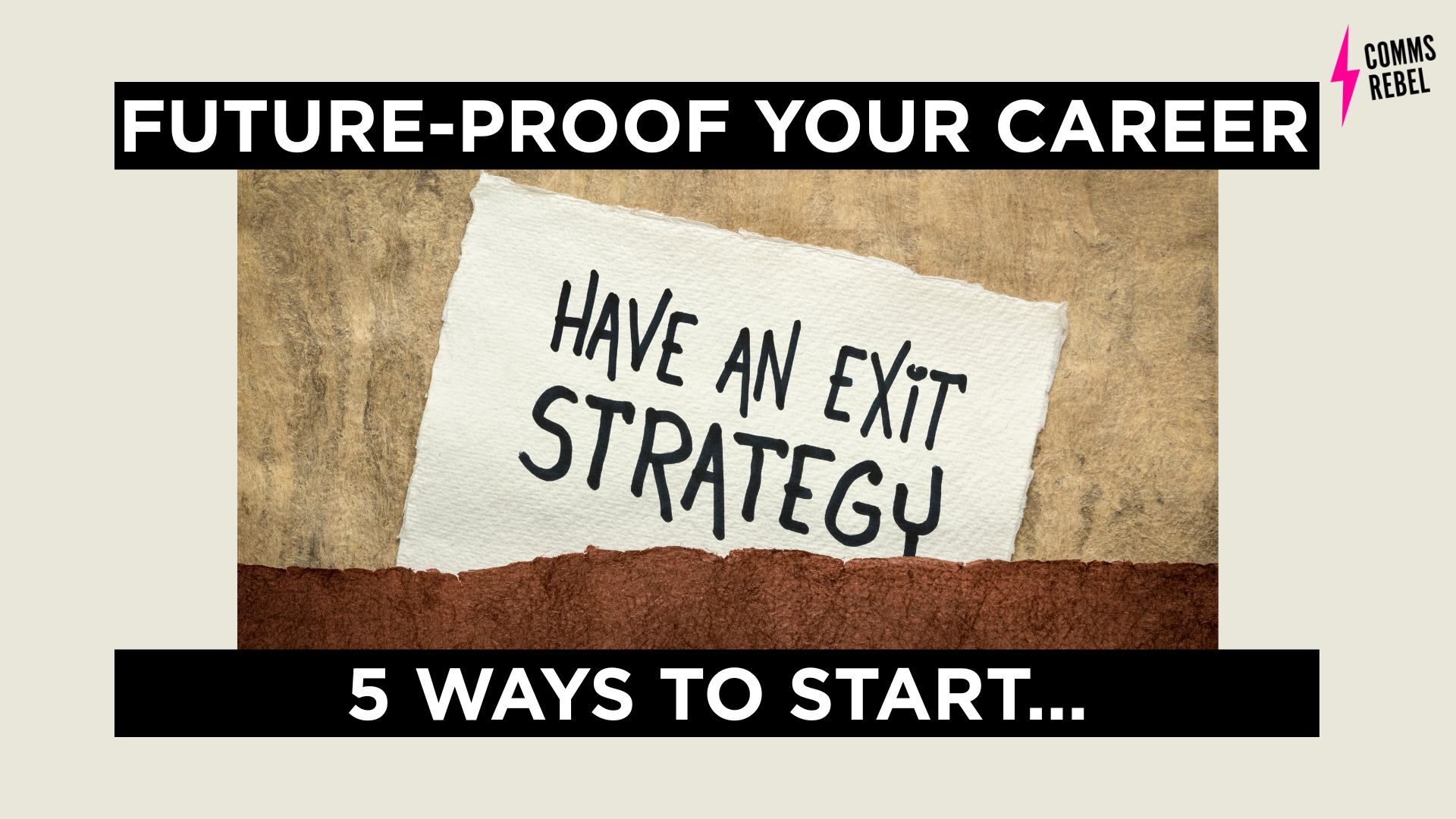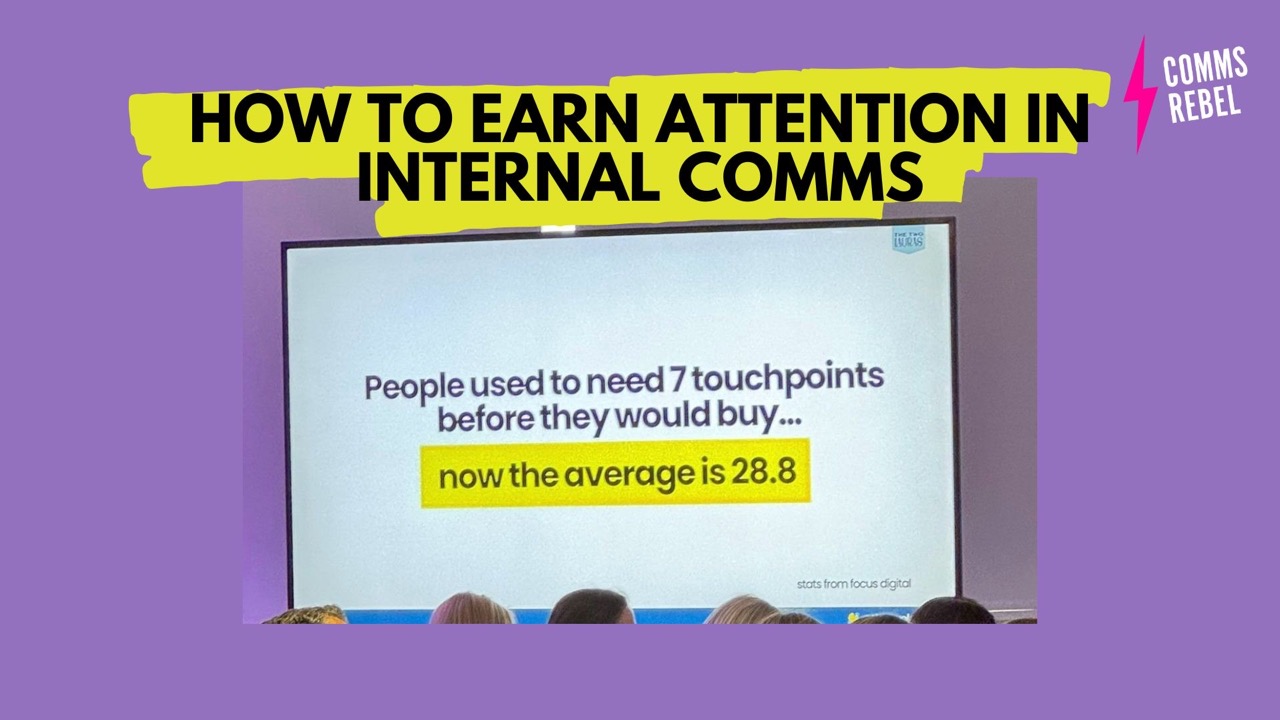#CuriousMoments with Advita
I’ve worked with quite a few teams to help them build confidence in how they may manage conversations that can be challenging. There can sometimes be a reluctance to lean into difficult conversations, as some people will say they don’t enjoy confrontation.
But these conversations don’t need to be confrontational if we adapt our mindset. I love the work of Buster Benson, who shares advice on having productive discussions rather than conflicting conversations. I shared some of his guidance in my brand-new book, Building a Culture of Inclusivity, because if you’re unable to have uncomfortable but productive conversations, it’s going to be difficult to cultivate an inclusive culture.
Here are three things to consider when you’re heading into a difficult chat:
1) It can be challenging but try to see things from all sides. Why are they annoyed? Why are you annoyed? What’s the best outcome for the situation? If you can’t see it, ask them to explain their side. Using phrases like: “Can you talk through your thinking so I can understand where you’re coming from” can be much more effective than “That’s a ridiculous idea. I don’t understand why you’d think that!”
2) To build on point one, avoid using inflammatory language. When you’re frustrated and annoyed, it’s really easy to use words that can ignite a fire “Don’t come to me when it goes wrong!” or “I don’t care what you think, I’m the project lead, and it’s my neck on the line if it goes wrong.” Pause, head out for a walk, note your thoughts and then head into the conversation. Ask them about their ideas, let them talk without jumping to conclusions and understand their viewpoint before sharing yours, especially if you hold power in that relationship.
3) I won’t tell you how many times I’ve come across the ‘invisible army’ – it’s often used when people try to back up their arguments and say things like “They said it was rubbish!” or “Clients just don’t like it.” This isn’t helpful. Use facts to back up your ideas, listen generously and ask powerful open-ended questions to dive deeper, “great questions create room for great answers”, as Buster Benson once said.
If you’re struggling with difficult conversations and you need some help, get in touch.
Originally posted on LinkedIn, Follow me for more curious moments.


